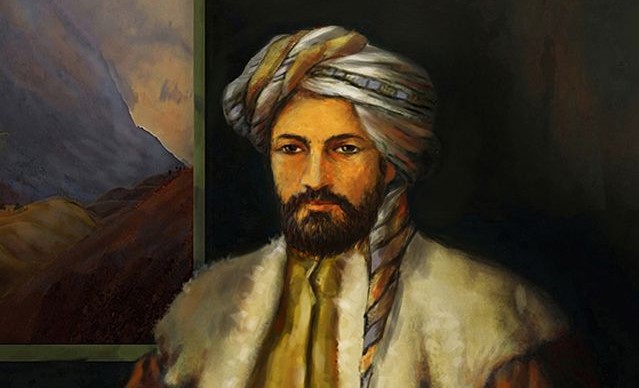About four centuries have passed since Ahmad Khani's life. Khani lived during the reign of the two great empires of Asia, the Ottoman Empire and the Safavid Empire.
Each of these two poles represented a form of Islam. By establishing the caliphate in Istanbul, the Ottomans considered themselves to the Islamic leaders in the Sunni world. At the same time, the Safavids were the founders and promoters of the Shia religion in Iran and established a Shia religious government in Iranian geography.
Because of religious differences while having common borders, the two empires were in constant conflict throughout their reign.
The wars between the two governments became part of the reality of people's lives at that time because they crossed each other's borders and destroyed each other by armed force. The part of the territory of the two countries on which they shared a common border would be damaged and destroyed.
The common border of the Safavids and the Ottomans stretched from the Aras River in the north to the Seymareh River in the south, hundreds of kilometers away, on a territory that has long been known as Kurdistan. In short, the regions on both sides of the border that were the armed forces' foothold and the opponents' fighting were two parts of Kurdistan.
Meanwhile, Kurdish regions, each ruled by a Kurdish or non-Kurdish emir, were involved in wars, and thousands of Kurds became victims of the conflict between the two opposing powers.
The great Kurdish poet Ahmad Khani was the first person to consciously identify this loss and propose a written solution.
By writing Mem and Zin in Kurdish, Khani practically deviated from several common rules.
First, until the time of Khani, the language of writing in these geographies was Turkish, Arabic, and Persian.
Second, Arabic was the language of the Holly book (Quran) and most of the Islamic world.
Third, Persian was the official and literary language from India to Baghdad.
Fourth, Turkish was the language of the army.
Khani was aware of this important issue and did not fall under the hegemony of any of those languages and consciously wrote his masterpiece in Kurdish.
Because Mem and Zin is a literary work written for a specific political purpose, it deviates from the general rules of non-Kurdish poems and instead of creating the space of the story, it discusses the political reasons for writing its poetry and Kurdish writing.
Khani is well aware of the identity and identity-making factors and highlights several influential factors among them.
Language is the main factor of identity and Khani emphasizes the importance of writing in the language of his nation and determines the language as a dividing line.
Then, to exclude his nation’s other abilities from the others, he says that language is thought and that you cannot think in a foreign language for your nation. That's why he says I wrote that poem:
تا خەلق نەبیژتن کوو ئەکراد
بێمەعریفەتن بێ ئەسڵ و بونیاد
(So that people do not say where the Kurds are and they are without knowledge, origin, and identity)
A poet looking for the foundation of Kurdish knowledge knows that a position, a forum, and a country are necessary for the development of this foundation. This cannot be achieved unless the Kurds have their own state.
In other words, Khani was the first Kurdish poet and thinker who was a nationalist in practice before the emergence of theories of nationalism.









